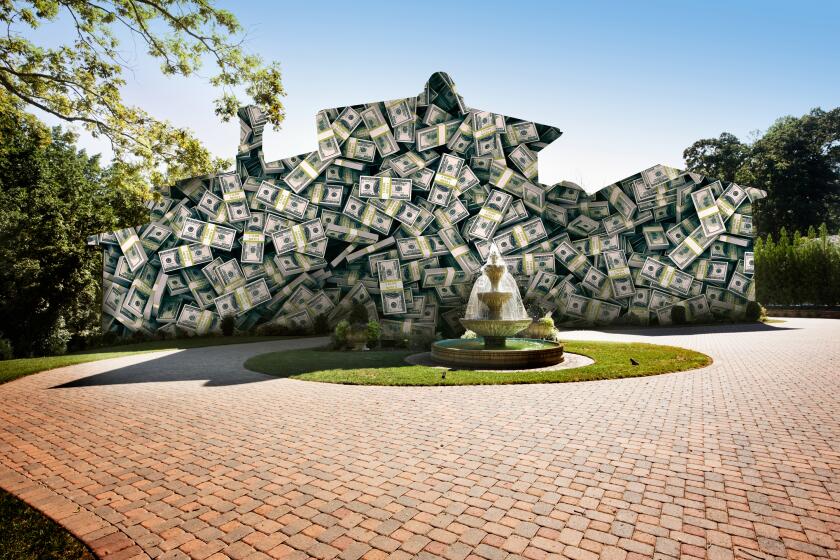Bavarian clockmaker’s circa 1900 tellurium is out of this world
WHAT: A new generation of collectors has discovered mid-19th century to early 20th century scientific instruments. Still relatively affordable, the category consists mainly of classroom aids and demonstration models. Ranging from botanic and anatomical models to celestial planetariums, they vary from painted plaster casts of pollination to intricate telluriums.
MORE: In a recent History of Science and Technology auction at Bonhams New York, 28 lots of 18th and 19th century scientific instruments sold, ranging from a French circa 1790 armillary and celestial sphere ($4,000) to a circa 1969 Questar telescope ($625).
At $6,875, one of the best sellers was the tellurium shown with this column. Made by, or using parts made by German clockmaker Friedrich Mauthe around 1900, the instrument has a 3-inch terrestrial globe made of 12 gores. There is a brass moon and a brass arm with the maker’s plaque that spins and rotates around a 3-inch brass sun. Perched on a cast iron base, the visual operates with a belt drive system.
SMART COLLECTORS KNOW: In common use, tellurium is a chemical element often used in alloys. As used in celestial instruments, the term refers to a piece that shows movement of the earth and moon relative to each other and to the sun, also demonstrating seasons plus solar and lunar eclipses.
HOT TIP: Most significant pre-18th and 19th century instruments are now incredibly pricey. Because academics of the late 1700s and 1800s were fascinated with the heavens and owned personal models, more desk or floor celestial models from that time exist.
BOTTOM LINE: The Bonhams sale included planetariums, lunariums, globes, a parlor kaleidoscope, a sextant, library globes, an orrery, an armillary sphere, a pocket globe, a polyhedral sundial, a portable orrery and, of course, telluriums. Add scientific books, documents and related material.
MORE: Readers who follow TNT’s crime thriller “The Alienist” will note a planetarium, or tellurium, prominent on the desk of Dr. Laszlo Kreizler, the alienist (early psychiatrist).
(c) 2018 TRIBUNE CONTENT AGENCY, LLC.
More to Read
Sign up for Essential California
The most important California stories and recommendations in your inbox every morning.
You may occasionally receive promotional content from the Los Angeles Times.




